What is a ruptured eardrum?
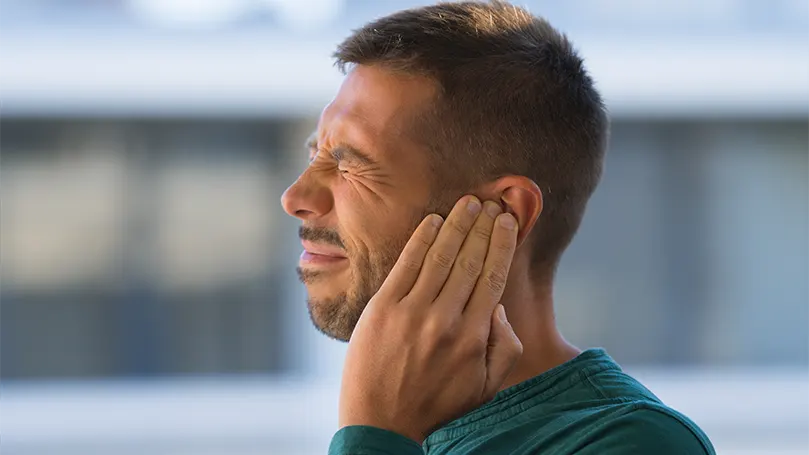
In order to help you better understand what a ruptured eardrum is, we will first focus on the structure of the eardrum. The ear is an organ that has a very complex structure. We only see the outer ear, but the middle ear and the inner ear are equally important, if not more important.
As no one from The Sleep Advisors is an otorhinolaryngologist, we will not even try to go into detail and explain each part of the ear or the hearing process of the human ear. It is enough to know that the eardrum, often called the tympanic membrane, is a thin, cone-shaped membrane that is located between the external ear and the middle ear. We can say that the eardrum separates those two parts. The eardrum transmits sound by converting vibrations from the air.
When a small tear occurs in this membrane, it is called an eardrum rupture. Temporary hearing loss can happen as consequence, and in extreme cases, even permanent hearing loss is possible.
Why does a ruptured eardrum happen?
Many different things can lead to this problem. According to doctors, especially ORLs with a lot of experience with this problem, infection is the most common cause of eardrum rupture. If the infection is left untreated, the pressure in the middle ear increases until it damages the eardrum. When this happens, patients often feel temporary relief because the pus can drain from middle ear. That is one of the most common ruptured eardrum symptoms.
Ear injury is also a frequent reason. That is why it is advised to be gentle when cleaning the ear with a cotton swab. It is unlikely that you will put some other foreign object in the ear, but children can injure the eardrum with toys.
Rupture of eardrums is also associated with certain professions such as diving, and it can also happen to you in an airplane, most often during takeoff and landing, as well as in the case of cabin decompression. Sudden loud noises such as a once produced by flashbang (stun grenade) may also lead to trauma.
How to sleep with a ruptured eardrum?
Whenever something happens that affects your health or changes your routine, it can affect your sleep. When you sleep, you often lie directly on your ear, so you will probably wonder how to sleep in a new situation especially if you are a side sleeper. We have some tips for you.
Sleep on the opposite side that is not affected
If you have suffered an injury to only one eardrum, then the situation is simple. Sleep on the opposite side of the affected ear and everything will be fine. You will probably turn around in your sleep, but the pain will wake you up. Then return to the opposite side and continue sleeping.
Sleep on back
In case of ruptured eardrums, due to diving or flying, then you can only sleep on your back. Front and side sleeping are out of the question. Don't expect to be able to sleep perfectly on your back right away, because changing the sleep position is always strange. Make sure you have the right pillow for back sleeping.
Keep your head elevated
This is a useful approach if the ruptured eardrum is consequence of an ear infection. When you have an ear infection, it is important to sleep with your head elevated so that the drain is unobstructed. You don't want pressure to continue to build up in the middle ear and cause pain.
Should I heat my ruptured eardrum?
One of the most popular home remedies is applying heat. Warm, moist heat will bring pain relief and is excellent in combination with OTC pain killers. So you should heat your ruptured eardrum. However, don't expect it to speed up healing. This will only help you relieve pain and reducing general feeling of discomfort in that area.
How do I minimize a risk for an infection of eardrum?
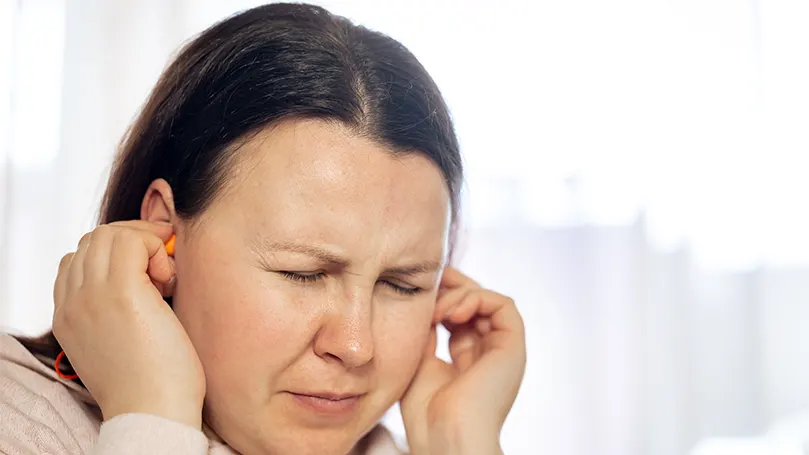
Ear infections are often recurring and that is why many who often had infections in childhood have hearing problems later in life. Every time an ear becomes infected, it is possible to have an eardrum rupture, and you certainly do not want to experience this more than once. The following advices can help you prevent an infection of the eardrum and minimize the risk.
Use cotton balls to plug your ear when washing hair
A large amount of water can enter the ears while washing hair. This is especially the case if you have long hair and washing takes longer than 5 minutes. That's why you should prevent it. Cotton balls are the best way to do this because cotton is a soft material that will not irritate the ear canal.
Do not use earplugs
Earplugs are sometimes necessary so that you can sleep in a noisy environment or even stay in a noisy environment if you work in a factory, for example. But you should only use earplugs when absolutely necessary. Do not sleep every night with earplugs and always wash them or use them only once if they are not reusable. Same goes for increasingly popular earbuds.
Keep your ears dry all the time
Ears can get wet in other situations, not only while washing your hair. It is especially dangerous when water from the pool enters the ears. That water is full of chemicals and potentially bacteria. Try to keep ears dry all the time.
Consult the doctor if you already had problems
If you feel pain and tension or notice that pus is leaking from your ear, consult a doctor immediately. Infection is not something that will go away by itself, but professional help is needed. The longer you wait, the worse the symptoms will be, and the longer the healing process will take.
Take medications (if prescribed) regularly
It is very likely that your doctor will prescribe antibiotics when you have an ear infection. You must not skip the therapy. It is important that you take your medications regularly. Stick to the instructions the doctor gave you and everything will be fine.
How long does a ruptured eardrum last on average?
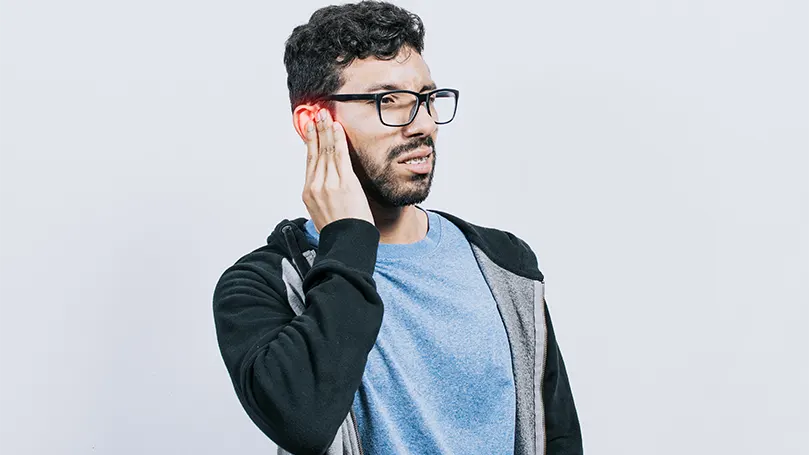
Outlook is generally good. And how much time it will take to heal depends on many factors. The most important thing is how big the rupture is and what caused it. Then the history of similar injuries and age are also something to be considered. On average, it takes a few weeks to heal. Your hearing will probably be back at 100% even before that.
Conclusion
So – we've answered your question “what side should I sleep on with a ruptured eardrum” and as you can see there is a solution to this unpleasant problem. A perforated eardrum can be a traumatic experience, especially if it happens suddenly, because you punctured the eardrum while cleaning your ear. But you should not be afraid, it is not a dangerous condition. Nevertheless, seek medical attention anyway.
The doctor will know if additional treatment is needed or if you should just wait for it to pass. You should take all necessary steps to minimize the chance of this ever happening. It's not complicated to prevent ear infections, you just need to keep a few things in mind.
Spread the word
Recommended reading:

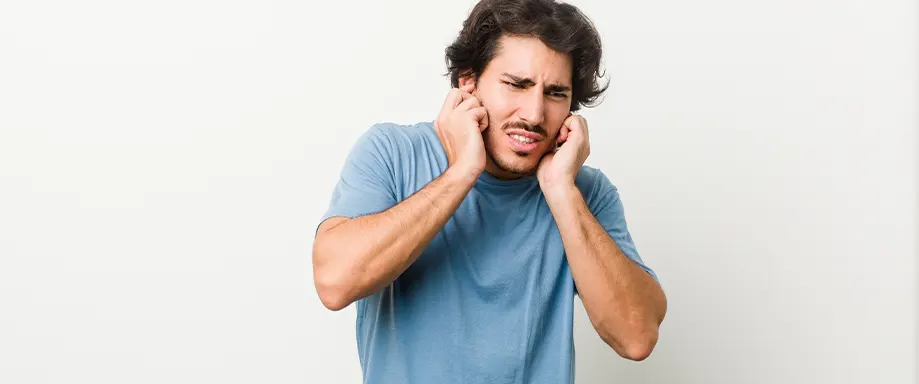

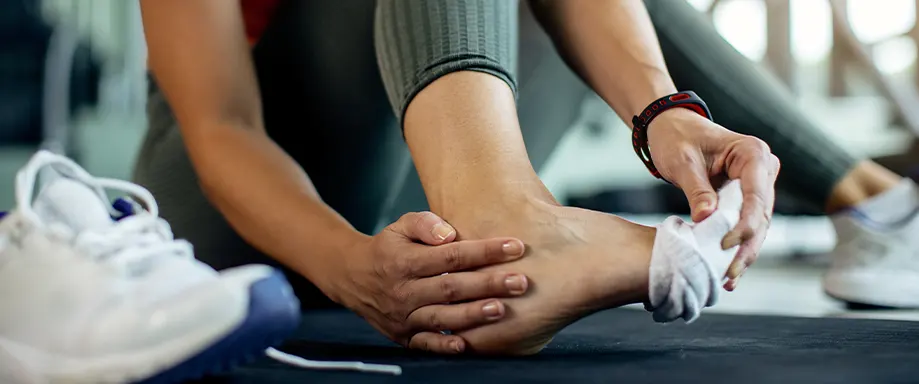











There are no comments yet
"*" indicates required fields